Last time I took my car to the track, a 2012 Mustang Boss 302, I had a steering issue occur more than once, where it seemed like power steering cut off temporarily for less than a second at a time (full post: 2012 Ford Mustang Boss 302 - Back at the track!). I took the car to the dealership, Steele Ford, and they asked me a few questions about the issue when I went to drop it off.
As is the case with any sports cars owners, I was reluctant to say that the problem occurred on the track. There's a long track record (see what I did there?) of dealerships refusing warranty work on a car simply because the tires of it touched the asphalt of a road course, regardless of whether the cause of the problem is abusing the car on a track. Nevertheless, I decided to be honest to better help them diagnose the problem and to put trust in them in the hope of them putting trust back in me.
Well, I was not disappointed. They said they'll look at it and see if they find any codes and go from there. A few hours later, I received a call from the dealership and they said that they found 2 codes and they have to change the steering rack. It will be covered under warranty but they don't have the part so they will call me back when the parts comes in. A few days later, I got a call and scheduled an appointment.
When I bought the TracKey for my car, I was assured by Ford Racing phone reps that warranty work on the engine will never be refused because damage happened on the track. If an issue were to ever occur on the track, diagnosis would be no different compared to an issue occurring on the street on a stock car (and the same stands for Boss 302's without the TracKey calibration). Luckily, I have never had an engine or drivetrain issue on the track so I have never had to test that promise but having the steering issue fixed with no fuss is very reassuring.
Have you or someone you know ever had an issue while tracking a car with warranty left on it? How did the dealership deal with it? Sound off in the comments below!

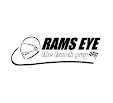



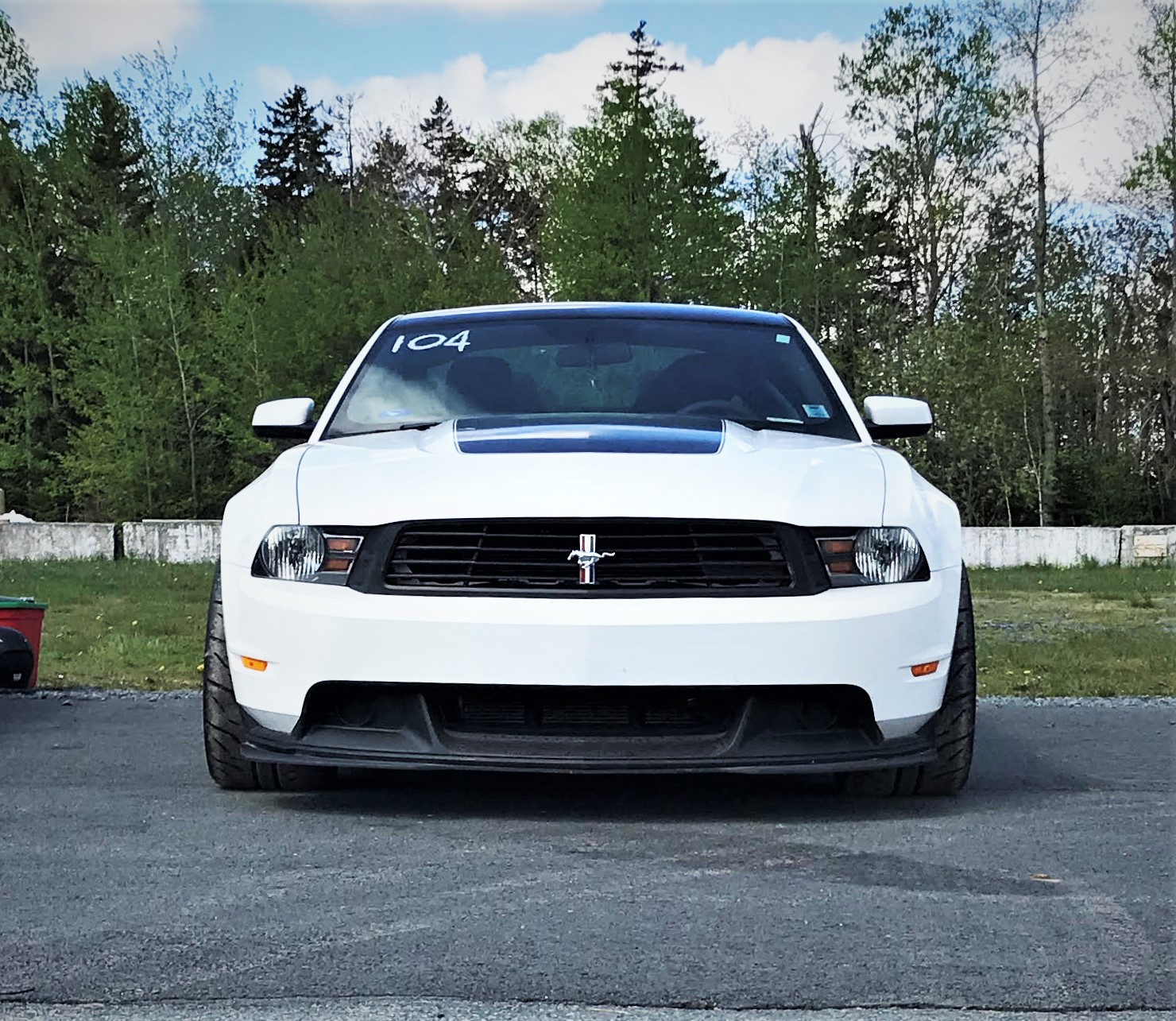



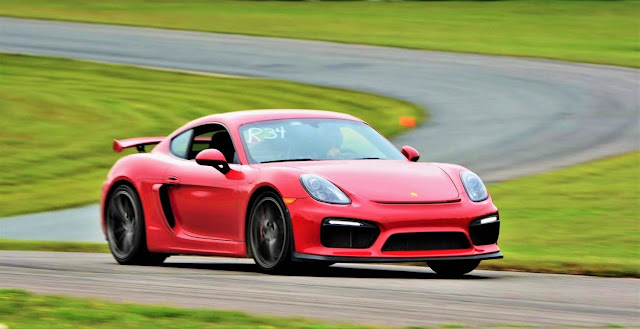
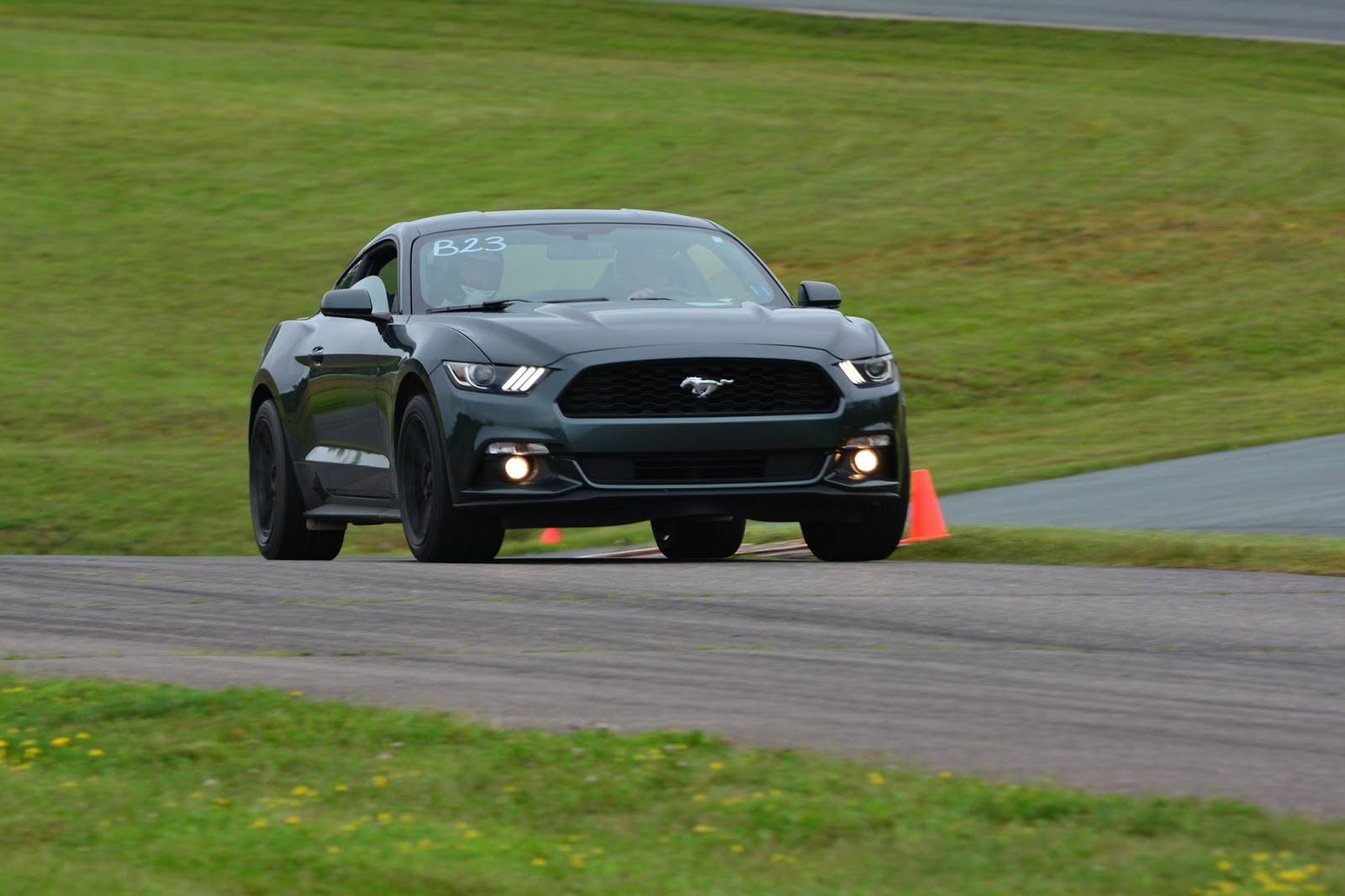
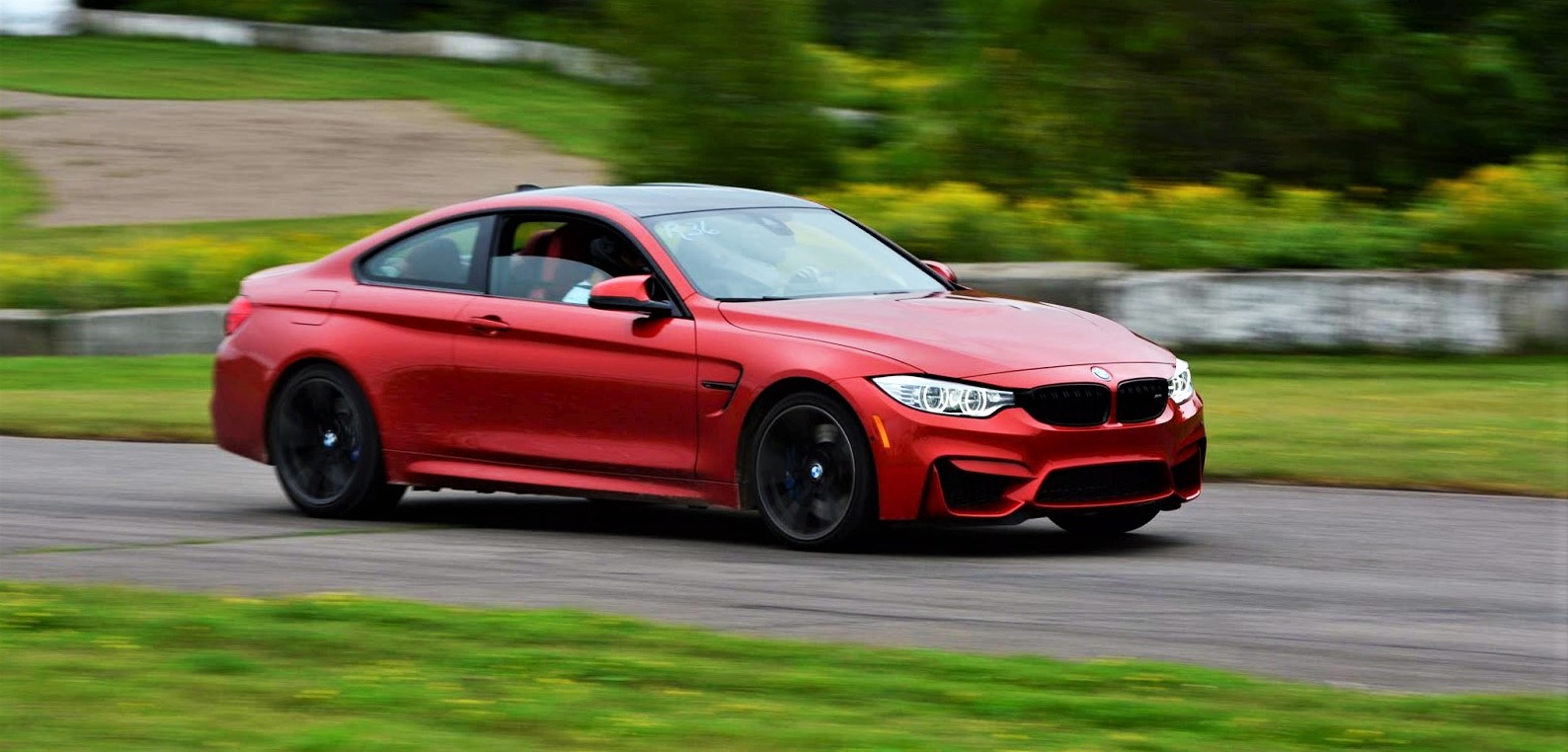

Comments
Post a Comment